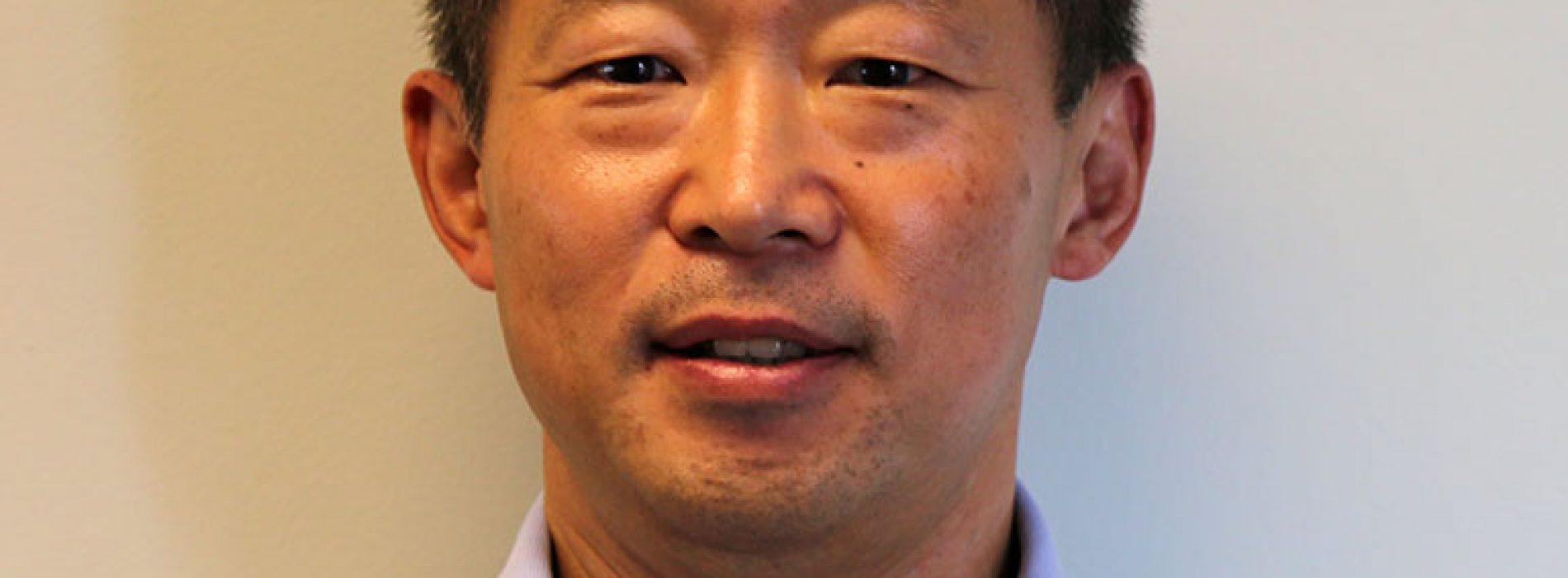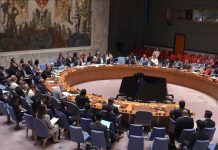Africa-Press – Lesotho. Lesotho is not anywhere near its dream of ending absolute poverty and boosting shared prosperity in a sustainable manner, according to a World Bank Systematic Country Diagnostic report.
The report says Lesotho is not getting closer to achieving its developmental goals ever since the first Systematic Country Diagnostic report was published in 2015. Stakeholders discussed the report on Tuesday.
According to the findings of stakeholder engagements in preparation for the formulation of the 2021-2025 SDC, “there is no significant progress towards ending extreme poverty or in the way of boosting shared prosperity in a sustainable manner”.
The report says there is lack of a private sector led economy, youth unemployment, inequality, collapse of biodiversity and a disconnection between policy budgets and intentions.
These, the findings say, are a result of political instability, lack of stakeholder engagement both in project planning and implementation. They are also a result of limited accountability in public sector amid weak citizen demands for accountability amongst other things.
The World Bank found that for Lesotho to pull out of this developmental stagnancy it is crucial to build capacity of non-state actors for programme implementation and build capacity of technical staff.
The World Bank encouraged the change of “recruitment procedure and terms for principal secretaries, improve trade facilitation, develop a private sector development strategy, enhance access to finance for SMMEs and set up an institution for youth empowerment”.
It said Lesotho will also have to utilize opportunities like that presented by the preferential access to key international markets through SACU, SADC, the African Continental Free Trade Area (AfCFTA), and AGOA.
Other opportunities to utilize are abundant water resources and significant financial and technical support from the development partner community to accelerate progress.
Yoichiro Ishihara, the World Bank Country Representative, said implementation gaps must also be tackled hence the need to enhance the capacity and performance of the public sector.
“Improve commitment, coordination, and cooperation, strengthen monitoring and evaluation of implementation and strengthen public financial accountability,” Ishihara said.
The Minister of Development Planning, Selibe Mochoboroane, said in the past decades Lesotho established key oversight bodies to increase accountability and good governance in the public and private sectors.
“However, due to lack of technical and financial resources, and limited autonomy, many of these bodies have weakened over time, losing effectiveness,” Mochoboroane said.
“The legal frameworks for establishing these oversight bodies have also not allowed full independence and autonomy, which compromises accountability,” he said.
There is a perception, he said, that the executive interference in the selection of organisation heads and lack of technical skills are responsible for the weakening state and independence of the civic institutions.
He however said the interference is provided for in the constitution. “As we embark on this process to update the country’s diagnostic report, I want to stress the importance of civic engagement and demand for accountability in Lesotho,” he said.
“Restrictions on citizens’ access to information to the public appear to have led to a general lack of interest in the government’s actions, limiting the demand for good governance reforms,” he said.
The minister said demand for accountability from the general public has been weak due to the polarised nature of Lesotho’s politics and a complacent civil society.
He added that lack of access to information and capacity to monitor and evaluate in a responsive manner by state and non-state oversight institutions, are limiting factors in service accountability in Lesotho.
“Civil society organisations and the private sector in Lesotho are not empowered and have little capacity to engage the government of Lesotho particularly on aspects of accountability.”
For More News And Analysis About Lesotho Follow Africa-Press






